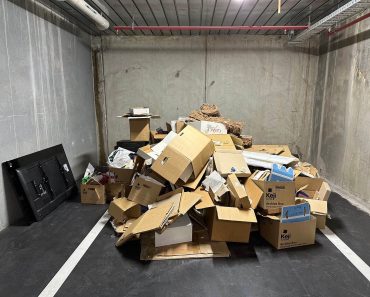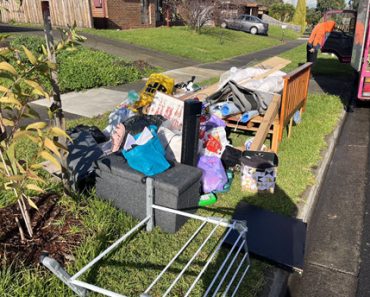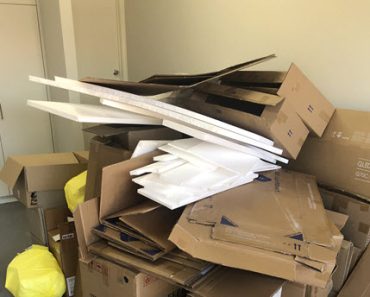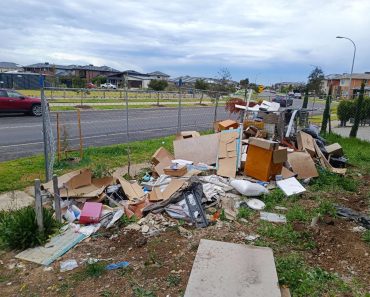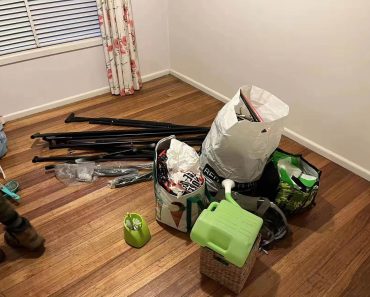Increase in Australian Household Rubbish During COVID-19
16 Oct 2020
Rubbish Removals
During the COVID-19 crisis, there has been a drastic increase in the production of household rubbish. While we stay at home in our efforts to flatten the curve, it seems we are consuming and creating excess household rubbish. This blog post takes a look at the problem and offers tips for reducing rubbish amounts.
The Excess Household Rubbish Problem
Throughout Australia, the levels of rubbish being dumped illegally and legally are on the rise. The City of Melbourne council reports a 70% increase in illegally dumped rubbish during April compared with the same time last year. The City of Sydney has also stated a 35% increase in the number of special collections.
Similarly, charity shops have been flooded with donations, leaving them floundering to put in place COVID precautions to prevent spread via the donated goods. It’s estimated that charities face a bill of $18 million to clean up dumped items outside their doors.
But Why This Excess Household Rubbish?
So people are at home more, yes, but does this fully account for the increase in rubbish? Other theories have been put forth – an increase in online shopping, home improvements, decluttering, and the retuning home of international workers. Is this also a kind of hyper-consumerism created when a person has limited freedom to move from their home?
Bunnings has reported skyrocketing sales of supplies for renovation projects as people try to keep themselves occupied during successive lockdowns, taking control of that which they still have control over – their immediate environment.
Furthermore, there has been misuse of the domestic recycling system, with soft plastics being put in the recycling bin alongside disposable coffee cups. Such slips threaten the national 2025 packaging targets for recycling and cause contamination of the recycling system.
But What Can I Do?
During COVID-19, there are steps you can take to be a more conscious consumer. First of all, read your local council’s information on how to recycle. Soft plastics are not to be thrown in the recycle bin but must be taken to a participating grocery store which offers soft plastics recycling. Similarly, items such as plastic postage packaging and coffee cups should not be recycled and must be placed in the rubbish bin. If you’re doing some renovations, clearing out your garage or tidying up the garden, make use of professional junk removal or green waste removal services to ensure responsible disposal of waste.
Need help with excess household rubbish? Call Care Rubbish Removals today on 0410 462 641.

